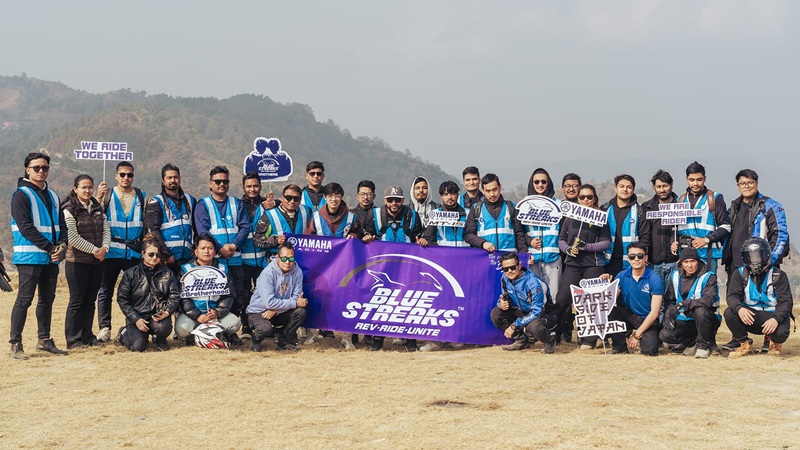How Telecoms Industry Can Keep Everyone Connected Amid The Pandemic
Kathmandu, March 27
With the world at a crisis, keeping connected is highly crucial. In fact, the demand for new and cooler digital mediums have thrived over telecommunications in the past decade.
However, in the time of the coronavirus outbreak in which people are asked – or mandated – to stay home, the telecoms industry has been doing its best to keep the economy going and keep the society connected.
It is undoubtedly a global health crisis. Most people are sitting idle at home while some are working remotely. It is high time that they show that they are up for the job to connect people across the globe. In fact, to a large part, they already have.
How Operators Are Dealing With The Crisis
The telecom operators have realized that the customers will be more dependable on their services while in quarantine or working from home. Not to mention, for entertainment and maintaining social connections through the internet.
Nepal Telecom has started providing a 100% bonus on recharge through recharge card or online recharge. Similarly, Ncell recently increased recharge on a bonus balance to 120%.
Operators in countries like Australia, Bahrain, Russia, and France, to name a few, have announced an increase or removal of data caps. Moreover, they are coming up with free unlimited Internet, at least for fixed users.
Vodaphone announced some commitments to its customers across Europe:
- It will maintain the quality of service, with mission-critical communications given a priority.
- To provide network services for critical government functions, especially hospitals and emergency calls.
- Improve the distribution of information to the public, including via text alerts.
What Is The Situation Today?
Telecoms industry has stepped up its game by providing convenient services during the pandemic. At the same time, we are noticing stress caused by increased traffic in the data and voice. Likewise, the ISPAN has reported an increase in internet usage by 30% in Nepal.
The isolation effect is quite significant today. Due to this, ISPAN has provided certain guidelines to the public regarding the use of the Internet “responsibly”.
Europe and even the Spanish operators have reported network disruptions on their channel. They have issued a request to their consumers to use their services responsibly. Vodaphone has seen an increase of 50% in the traffic in some markets.
Similarly, Netflix and Amazon had announced that they would limit their streaming quality in Europe for at least 30 days beginning from March 19.
Operators take on a great responsibility to manage such unique stresses and sustain their services. They need to keep the network running as it is the major source of information and awareness for the general public. At the same time, they need to ensure the safety of their employees during the crisis.
What Telecoms Industry Can Do To Keep The Network Going
It is time for immediate action. And, these points might give ideas to some operators and policy-makers to come up with a strategy to respond to the current situation.
- Operators should start considering a contractual relief program for their customers. Some affected countries or regions might require international call packages.
- The operators and regulators should be ready to collaborate with the industry or government to relieve traffic congestion. They might need to increase the capacity and resources to deal with the surge in traffic in both data and voice.
- Traffic shaping needs to be considered to manage the network load. Most traffics recently has come from streaming channels and video games (at least in the US).
- Telecom industries should publish customer guidance for the effective use of their services. Furthermore, best quality connectivity should be provided, not just for limited users, but for everyone.
- National industry-wide coordination plans should be implemented, for coordination of network management during the crisis in hand. Australia provides a better example of this.
- The telecom operators need to have a crisis-time policy set up to ensure the safety of their employees. Such contingency plans also ensure the sustainability of telecom services. If the operator shops close, they naturally would need to prepare for higher traffic through their digital channels.
- It is time to implement emergency telecommunications plans – and where they are in place, reviewed for the adequacy for any circumstances. It has become of utmost importance to ensure emergency services and coordination, such as satellite communication devices.
- Global sharing of real-time policies and procedures can be the next step. This addresses the situation, not only in one, but multiple countries to enable quick learning of the circumstances. These policies learned from other countries may be put into effect later.
Final Say
Of course, not all of the following points may work for everyone. But every telecom operator throughout the globe needs to be prepared with contingency plans. Also, they can take suggestions from the above points for immediate action. It is the right time to show that the telecoms industry has a huge potential to connect the globe to spread awareness and unite people.







